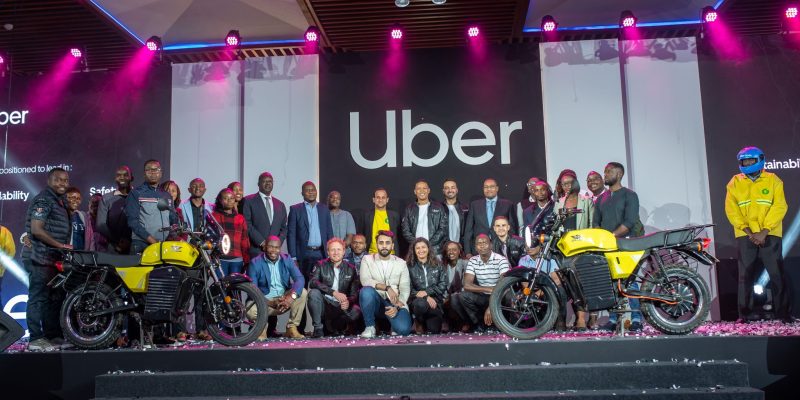Uber has chosen Kenya as the starting point for its new venture into electric mobility, announcing the deployment of 3,000 e-motorbikes on the roads of Nairobi. This project is fully in line with the vision of President William Ruto, who recently called on investors to put up to 200,000 electric two-wheelers on the roads of the East African country by 2024.
It’s news that can only delight the people of Nairobi, where African Climate Week (ACW) is underway. The American VTC (driver-driven car) giant Uber is launching an electric motorbike service in the Kenyan capital. The initiative should enable the digital platform to achieve carbon neutrality by 2040. The fleet will initially consist of 3,000 “electric boda” vehicles.
This deployment will help to create jobs in car driving and maintenance, which are of growing interest to the unemployed. The two-wheelers assembled by Uber and its partners will soon be on the road in Uganda, Tanzania and South Africa. The latest phase of this expansion will also target several West African countries.
These include Nigeria, Ghana and Côte d’Ivoire. These are dynamic markets for the development of ecomobility, according to Imran Manji. “We are providing users with a more affordable way of getting from one place to another, with prices 15% to 20% lower than a journey on a fuel-powered motorbike”, explains Uber’s Director for East Africa.
Read also-AFRICA: 2nd Nexus Climate Day on sustainable automotive takes place on 4 October 2023
This investment was to be expected, since in 2021 the mobility start-up Opibus announced its future collaboration with the Californian company with a view to “creating a sustainable transport ecosystem” on the continent. Uber’s plan was to put the two-wheeled vehicles supplied by Opibus on the road using its applications, which are marketed in more than 310 cities around the world. Another initiative to reduce carbon dioxide (CO2) emissions, which contribute to atmospheric pollution and therefore to global warming.
Benoit-Ivan Wansi






